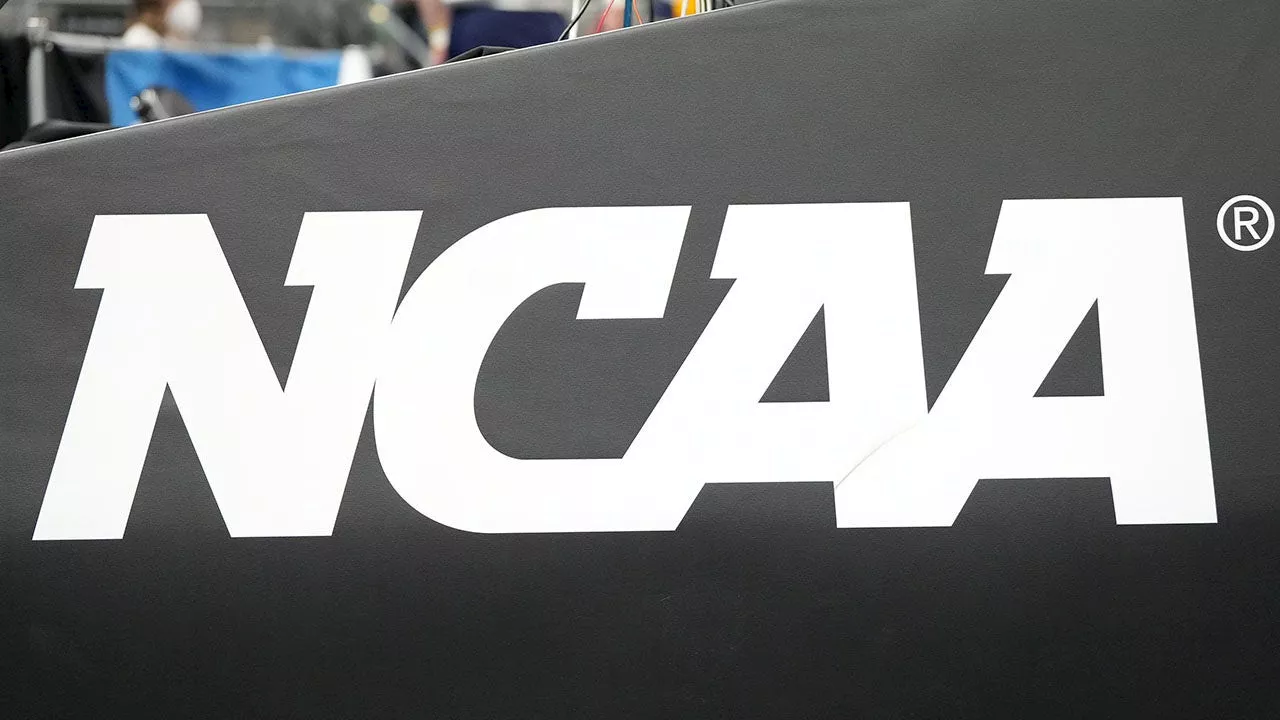In an unprecedented move, the NCAA and its five power conferences have agreed to allow schools to make direct payments to players for the first time in the history of college sports.
For the first time in the history of college sports, the
learned that the for other antitrust violations. And if they’re a part of House v. they must drop their complaints. . 'There's a lot to be sorted out as we try to really wrap our arms around some of the details that we're putting in place now.' Judge Claudia Wilken, who is presiding over the three cases against the
United States Latest News, United States Headlines
Similar News:You can also read news stories similar to this one that we have collected from other news sources.
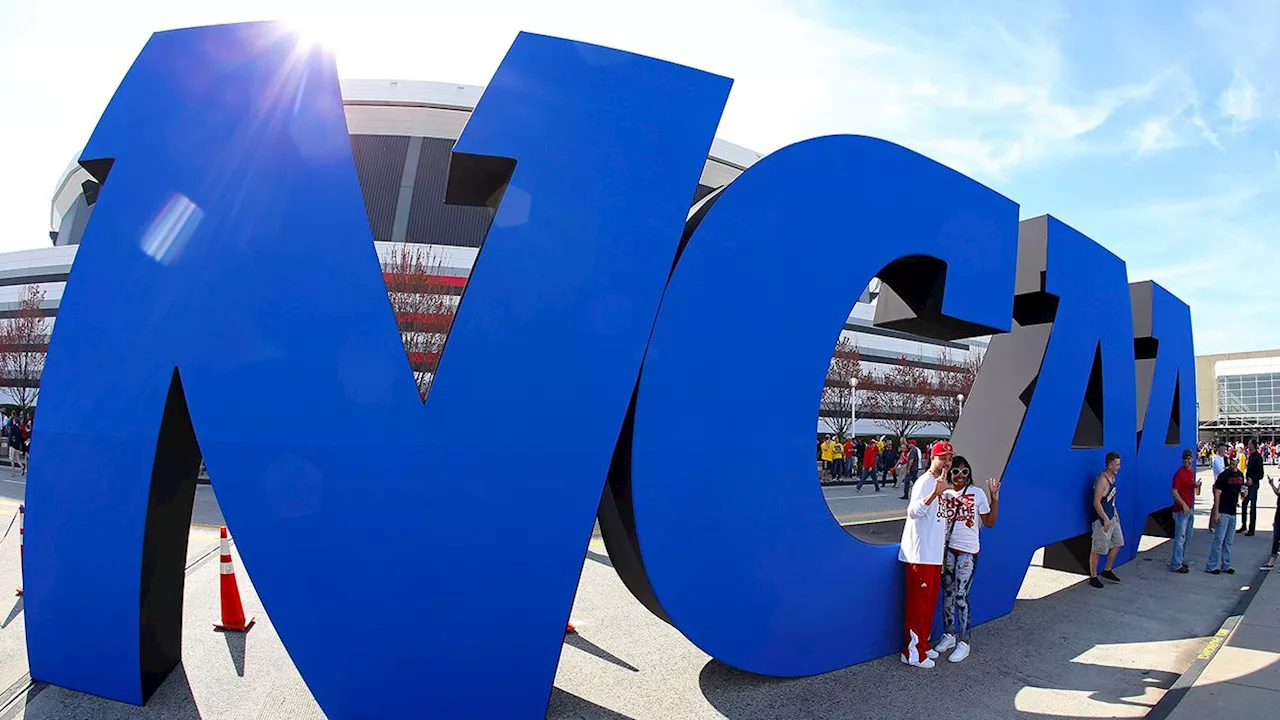 NCAA, power conferences agree to allow schools to pay playersThe NCAA and its leagues are moving forward with a multibillion-dollar settlement agreement that will allow schools to directly pay players for the first time in the history of college sports.
NCAA, power conferences agree to allow schools to pay playersThe NCAA and its leagues are moving forward with a multibillion-dollar settlement agreement that will allow schools to directly pay players for the first time in the history of college sports.
Read more »
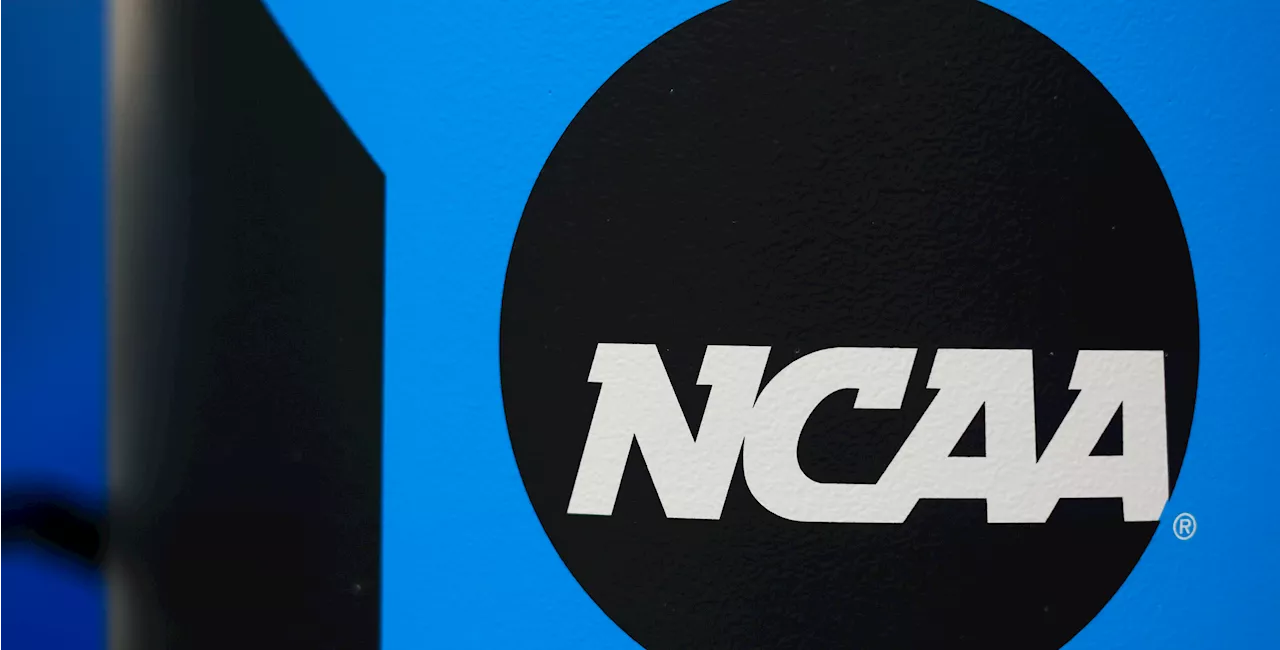 NCAA, power conferences agree to allow schools to pay players in $2.8 billion settlementIf approved by the federal judge overseeing the case, athletes could be compensated more like professionals and schools can compete for talent using direct…
NCAA, power conferences agree to allow schools to pay players in $2.8 billion settlementIf approved by the federal judge overseeing the case, athletes could be compensated more like professionals and schools can compete for talent using direct…
Read more »
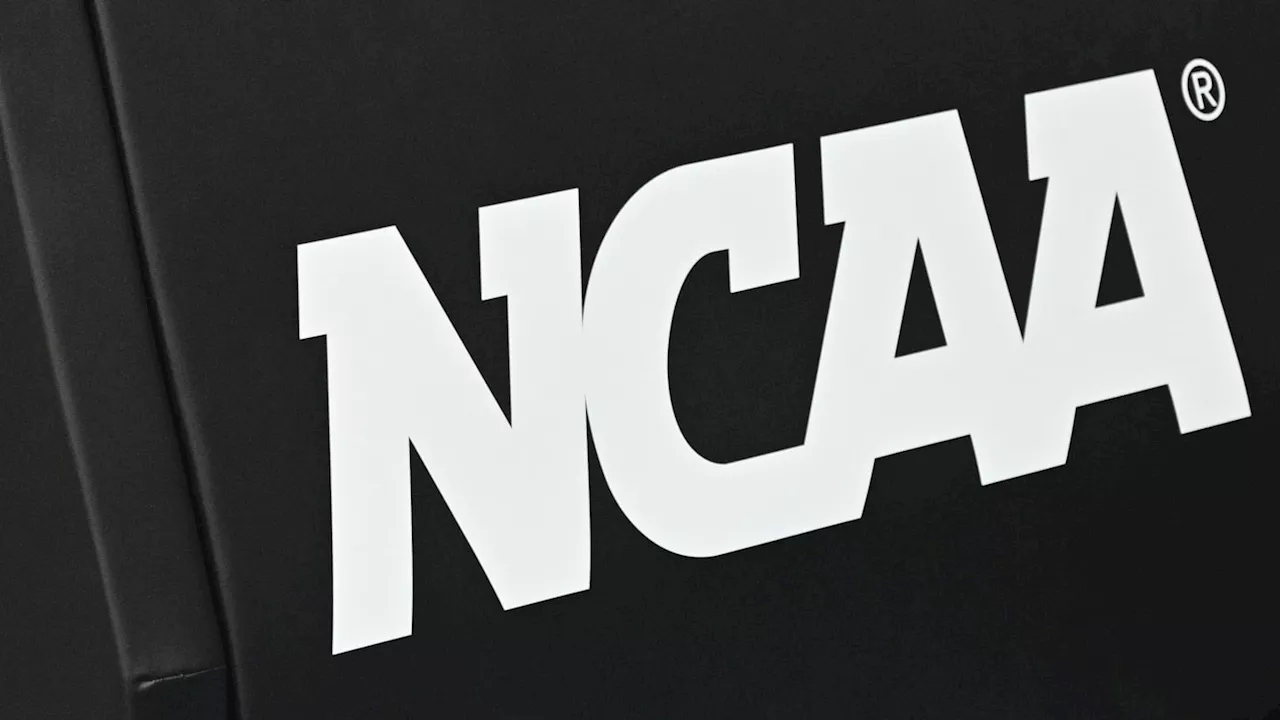 NCAA, Power Five Conferences Agree to Let Schools Directly Pay AthletesAs part of the agreement, the NCAA will pay over $2.7 billion in damages to past and current athletes.
NCAA, Power Five Conferences Agree to Let Schools Directly Pay AthletesAs part of the agreement, the NCAA will pay over $2.7 billion in damages to past and current athletes.
Read more »
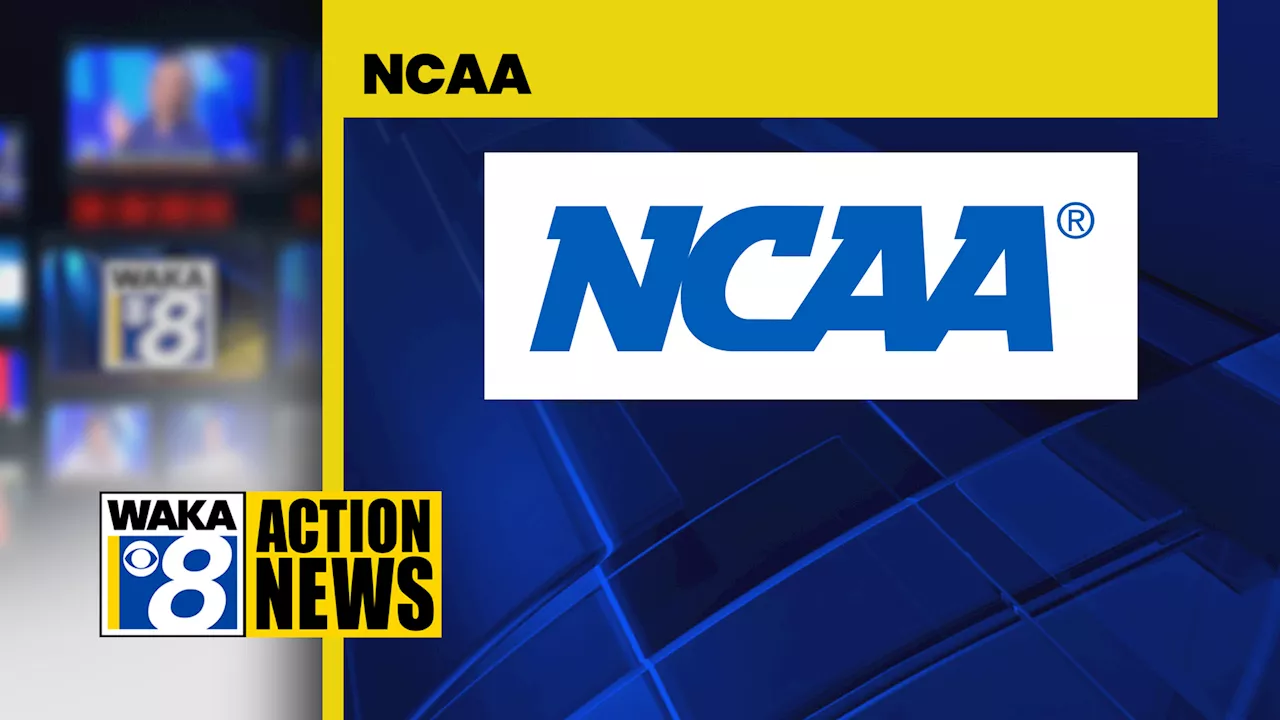 NCAA, Power 5 conferences agree to let colleges pay athletesMontgomery, Alabama
NCAA, Power 5 conferences agree to let colleges pay athletesMontgomery, Alabama
Read more »
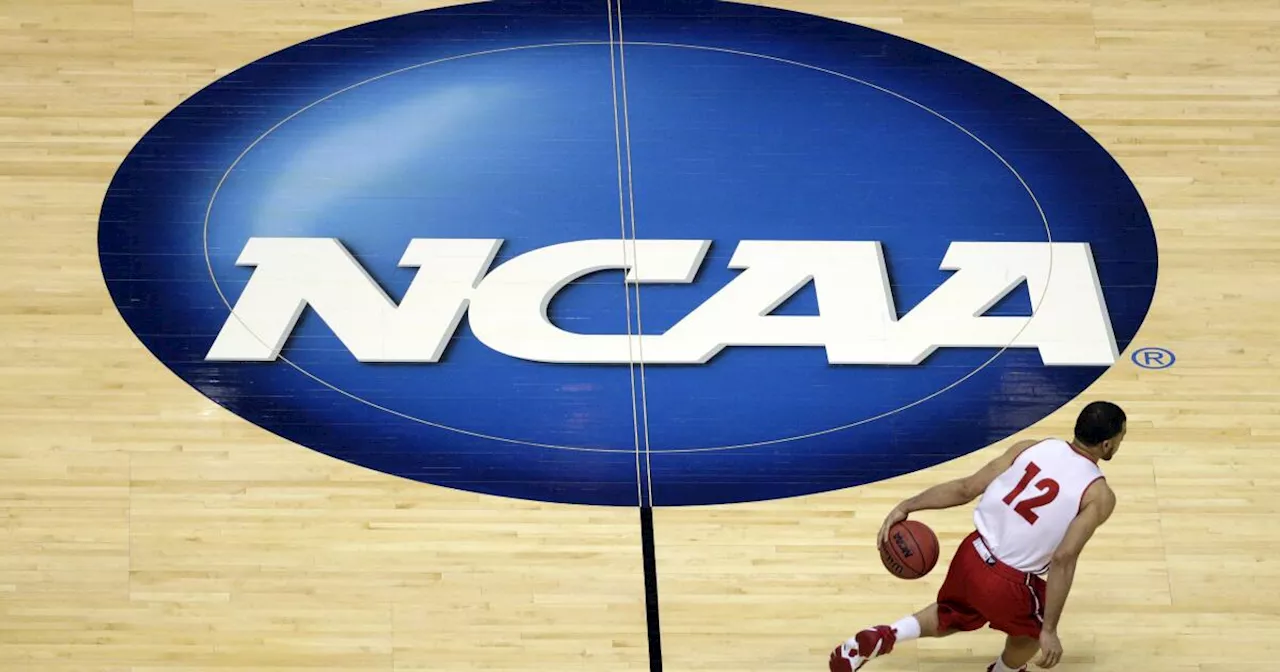 Power conferences, NCAA to vote on landmark $2.7 billion settlement as smaller leagues balk at termsUniversity presidents around the country are scheduled to meet this week to vote on whether to accept a proposed settlement of an antitrust lawsuit that would cost the NCAA nearly $3 billion
Power conferences, NCAA to vote on landmark $2.7 billion settlement as smaller leagues balk at termsUniversity presidents around the country are scheduled to meet this week to vote on whether to accept a proposed settlement of an antitrust lawsuit that would cost the NCAA nearly $3 billion
Read more »
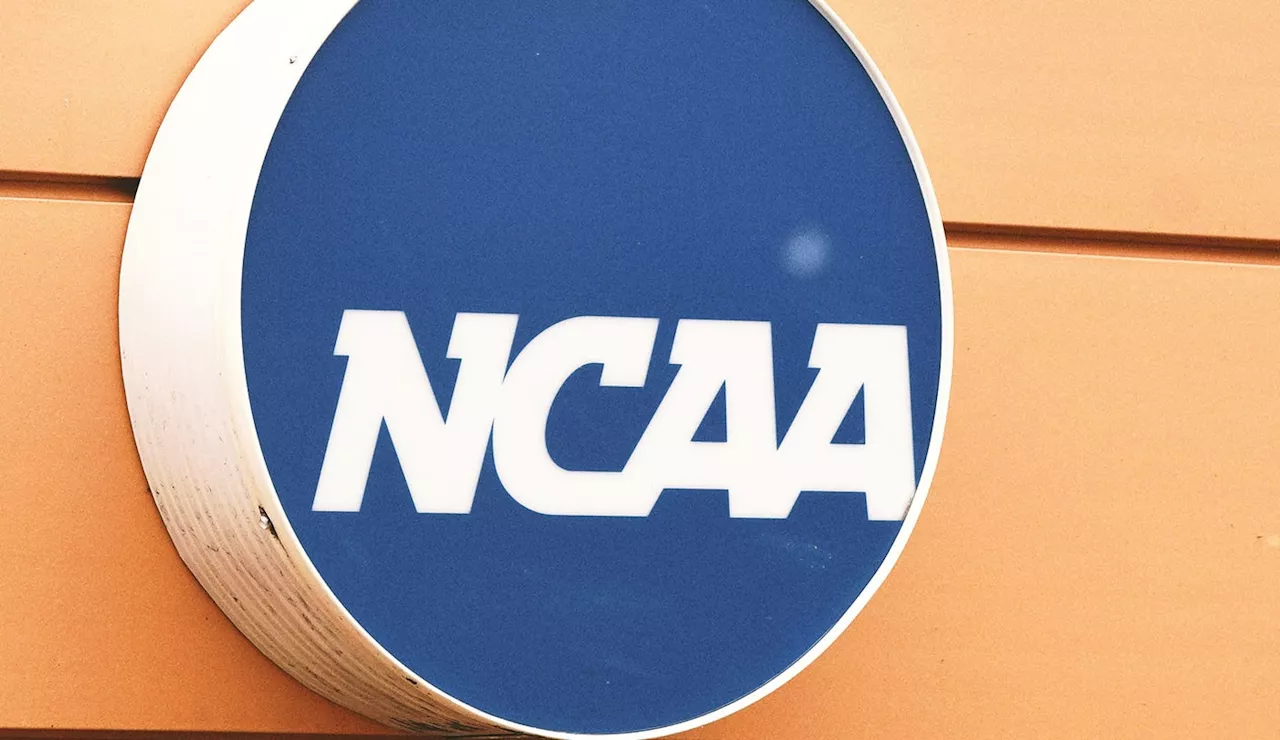 Power conferences, NCAA to vote on $2.7B settlement as smaller leagues balk at termsUniversity presidents around the country are scheduled to meet this week to vote on whether to accept a proposed settlement of an antitrust lawsuit that would cost the NCAA nearly $3 billion.
Power conferences, NCAA to vote on $2.7B settlement as smaller leagues balk at termsUniversity presidents around the country are scheduled to meet this week to vote on whether to accept a proposed settlement of an antitrust lawsuit that would cost the NCAA nearly $3 billion.
Read more »
